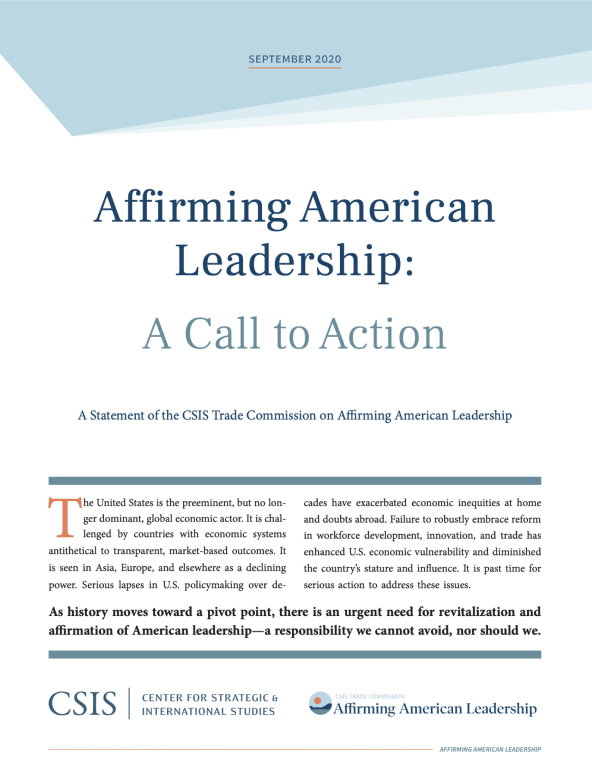




CSIS Trade Commission on Affirming American Leadership
The CSIS Trade Commission on Affirming American Leadership was created in the summer of 2019 to develop a series of recommendations to cement U.S. global leadership in light of a multitude of 21st century challenges, both at home and abroad.
The Commission's statement outlines key recommendations from the Commission on workforce development, innovation, and international trade to revitalize and affirm U.S. global leadership.
Full StatementA System Under Pressure
The global institutions built on the back of the postwar U.S. alliance structure, and the rules and norms they support, were constructed to support U.S. economic growth and national interests in the twentieth century, not the twenty-first.
Since then, foreign competitors have gained strength, the U.S. share of global markets has declined, confidence in the international order has eroded within the United States, and many Americans feel that the benefits of the existing system are not as widely shared as they once were.
The following sections briefly describe the current challenges facing America’s economic leadership at home and abroad and outline key recommendations from the Commission in three areas to revitalize and affirm U.S. global leadership.
American Trade Leadership for the 21st Century
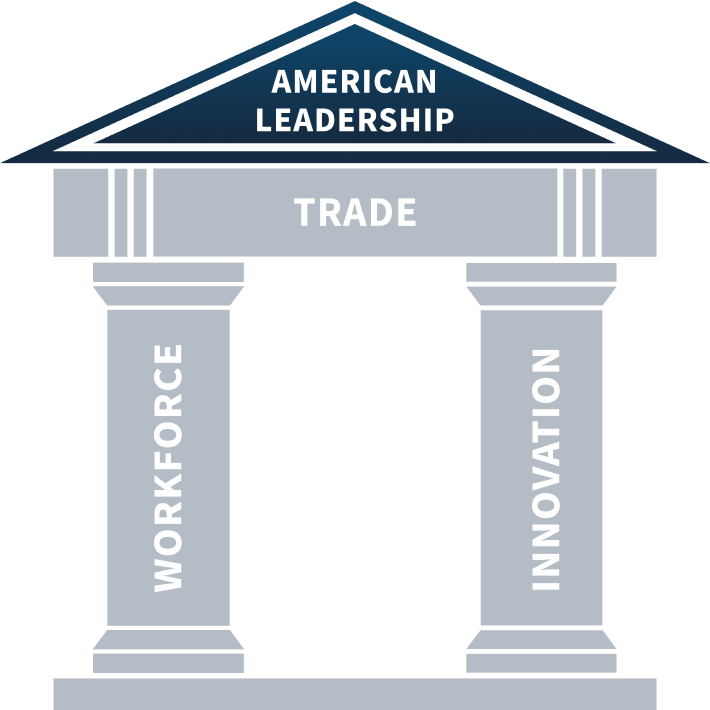
For the United States to maintain its position as the global champion and chief influencer of the international economic environment and to continue to reap its benefits, it must take bold steps in three critical areas: Workforce, Innovation, and Trade. These three pillars are essential for American trade leadership.
Domestically, the United States will have to quickly strengthen two economic pillars that undergird its economy and its ability to lead abroad: an agile and better-prepared workforce and enhanced capacity for innovation. Abroad, the United States should embrace and build support for a more flexible, nimble, balanced, and responsive international trade system, with effective institutions and rule-of-law and market-based principles at its core.
The Commission’s forward-looking recommendations are based on projections of the global economy in 2030.
Economy 2030The American Workforce
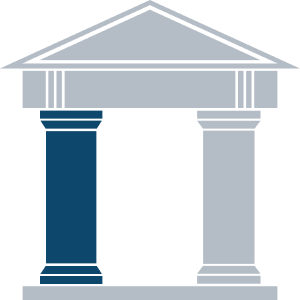
The United States must address three primary workforce challenges: a structural change in the nature of work; the continued aging and diversification of the U.S. workforce, coupled with a worker shortage caused by restrictive immigration policies; and a more competitive global workforce.
-
Support dislocated workers
The Trade Adjustment Assistance (TAA) and Unemployment Insurance (UI) programs should be combined to cover individuals who have lost their jobs due to trade, technology, or any other reason outside their control.
-
Promote lifelong learning
Government at all levels should adopt policies and work with employers, educators, and training institutions to incentivize market-driven, affordable lifelong learning for workers.
-
Sustain immigration
Numerical caps, country caps, and duration caps on H-1B visas should be removed. Instead, work visas should be issued on a demand-driven basis, in a way that encourages high-skilled talent to come to the United States, as well as provided to immigrants who start successful businesses in the United States.
-
GI Bill for Jobs
As an immediate step to address the workforce disruption caused by the Covid-19 pandemic, Congress should enact a substantial "GI Bill for Jobs" that funds upskilling for frontline workers and trains others for work in the "caring economy."
Workforce for 2030
America's Innovative Edge
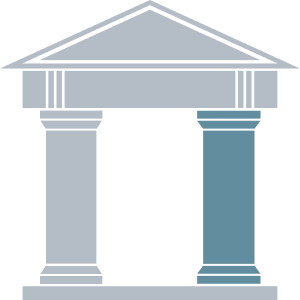
To sharpen the U.S. innovation edge and position the country for long-term leadership, policymakers should adopt a national strategy with three core elements: investing in innovation, protecting critical technologies, and championing data governance.
-
Invest in innovation
Reaffirming U.S. leadership begins with reinvesting in the innovation base: increasing federal funding for R&D to a minimum of 1 percent of GDP, strengthening and diversifying a world-class talent pipeline, and encouraging business investment.
-
Protect critical technologies
Policymakers should reaffirm the benefits of open investment, trade, and research and acknowledge that not every element of economic or technological disruption raises a national security concern.
-
Champion data governance
The United States should take a leadership role in creating a more a cohesive framework of rules, standards, and norms for the digital space. To do so, the United States must articulate a positive vision for data governance, beginning with national privacy legislation.
Innovative Edge
The International Trading System
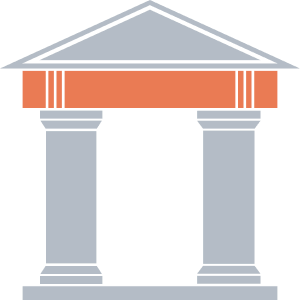
The United States must lead the transition of the international trading system to one that is more agile, modern, balanced, and responsive. Given the current paralysis in the WTO, action is needed in the three areas: create a new trade compact among advanced market economies; lead efforts to reform the WTO; and update our domestic trade laws.
-
Create a new trade compact
A new framework parallel to the WTO is needed to ensure that trade rules keep pace with changes in the global economy. The United States should convene a group of advanced market economies—countries committed to principles of reciprocity, transparency, market-driven outcomes, and rule of law—to set a new agenda for developing trade rules suited to the twenty-first-century economy.
-
Lead efforts to reform the WTO
The United States should recalibrate its efforts at the WTO toward achieving realistic reform objectives that can garner necessary support. The United States has laid out its critique of deficiencies across WTO pillars, and now the United States should build a reform coalition to negotiate improvements. These should include reforming the outdated system of special and differential treatment for developing countries, improving transparency, improving the dispute settlement process, and facilitating multilateral negotiations.
-
Update domestic trade laws
The United States should update its domestic trade toolbox so it is better equipped to deal with unfair trade practices not adequately addressed by WTO rules.
Trade Framework
Only a comprehensive approach at home and abroad will rebuild sustained domestic political support for an ambitious international agenda.


